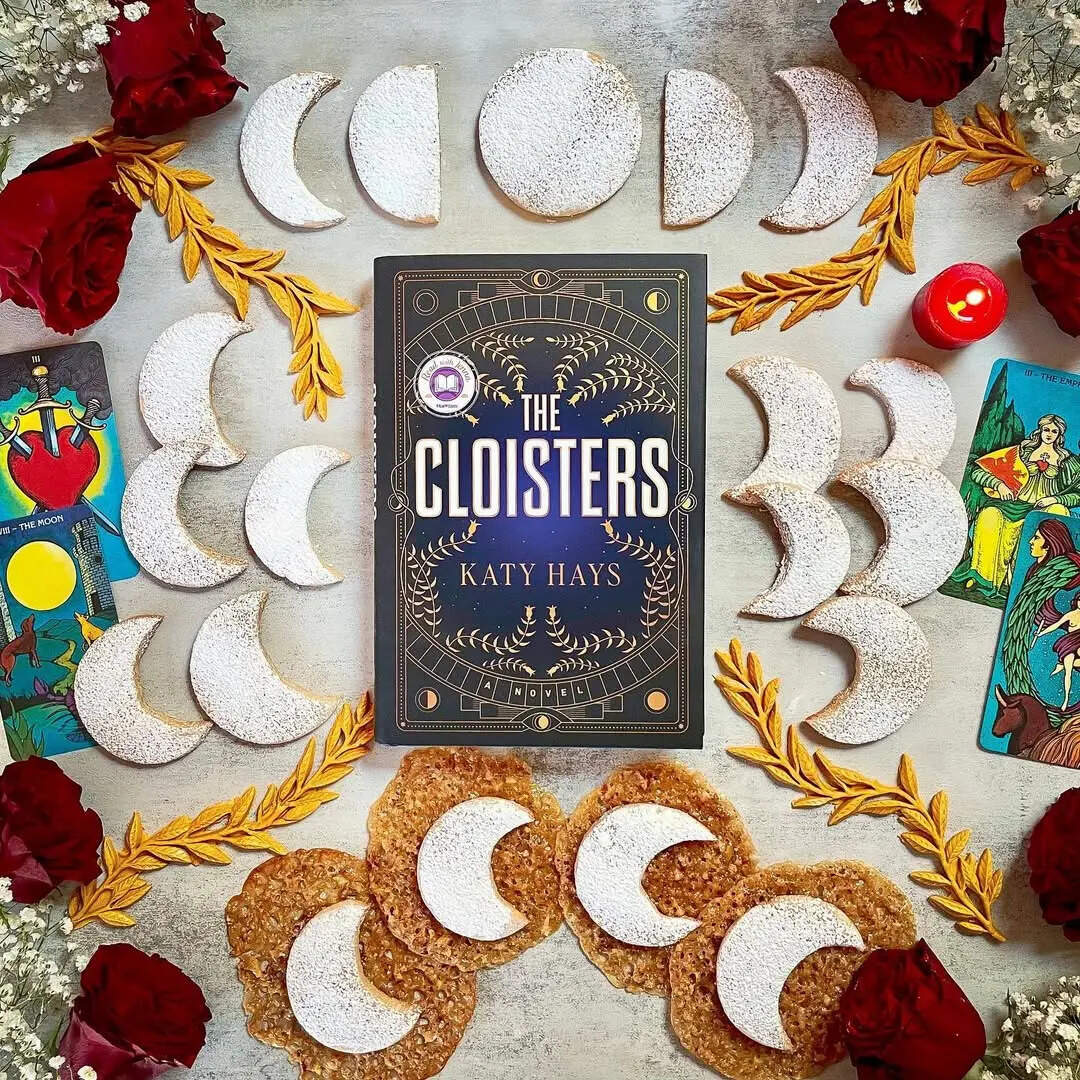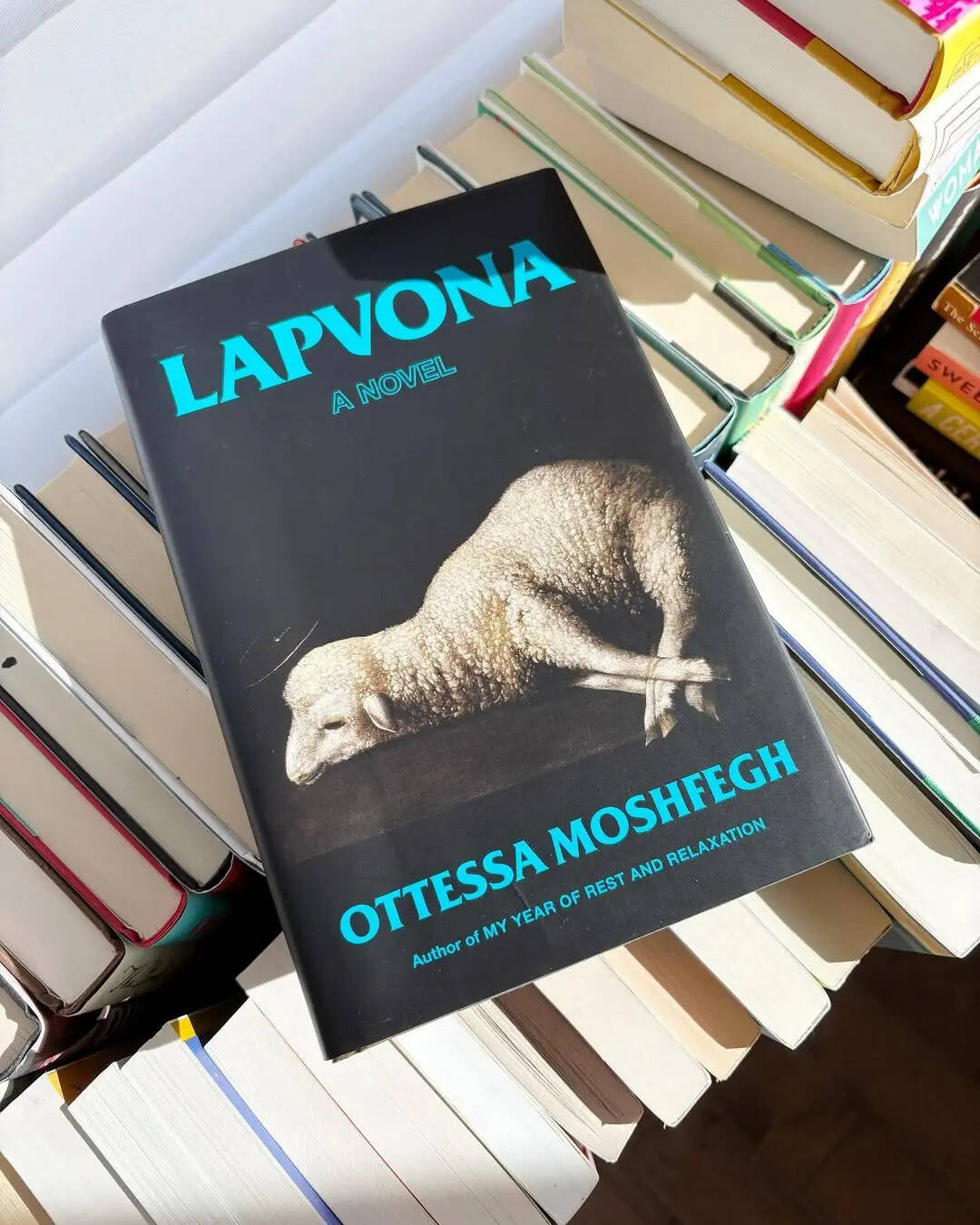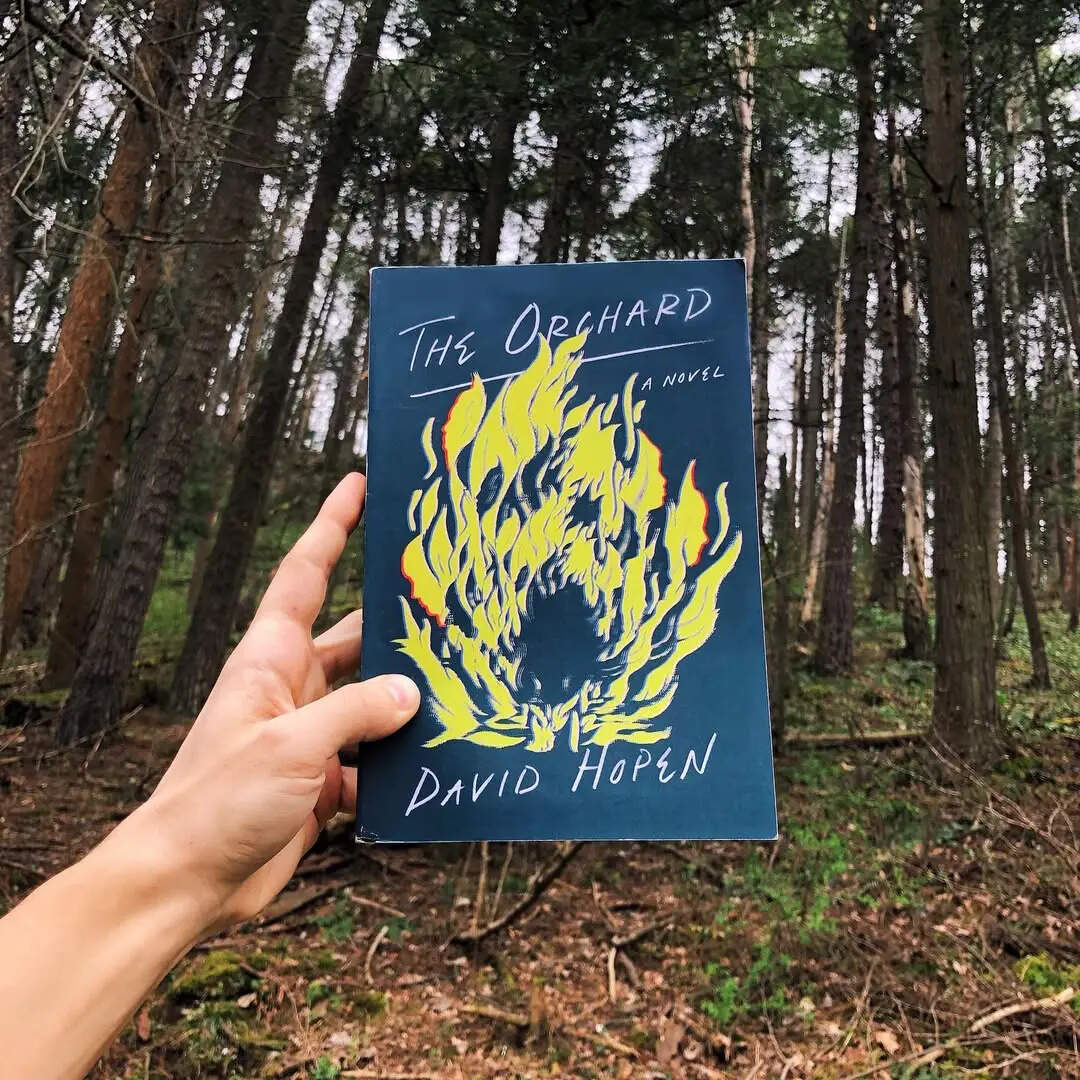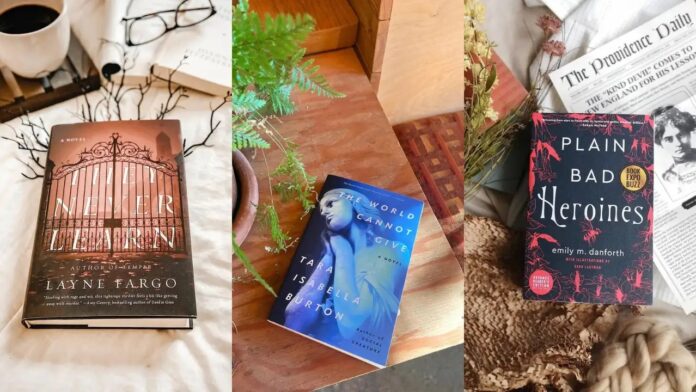10 Dark Academia Books That Will Make You Question Morality, Power, and the Cost of Genius
Some schools don’t just sharpen minds; they consume them. In the world of dark academia, intellect becomes a dangerous ally, charisma serves as currency, and ambition often crosses into the territory of obsession. These ten novels delve into the shadows of academic life, exposing the price of brilliance and unveiling the darkness that shadows those who dare to seek it.
1. The Lessons by Naomi Alderman
In "The Lessons," a group of Oxford students finds themselves captivated by the enigmatic and wealthy Mark Winters. What begins as a friendship spirals into a toxic pact filled with emotional manipulation and privilege. Alderman artfully explores how brilliance can obscure cruelty, revealing the hidden costs of intellectual arrogance. In this setting, every lesson learned often leaves emotional scars, crafting a narrative rich in tension and moral degradation.
2. The Cloisters by Katy Hays
Set within a museum dedicated to medieval art, "The Cloisters" follows a young scholar drawn into the labyrinth of mysticism and historical obsession. As she discovers the darker side of academic prestige, the boundaries of morality become increasingly blurred. Hays cultivates a sense of unease as ambition and scholarship intertwine, provoking the reader to ponder the ethical implications of knowledge when separated from morality.

3. Portrait of a Thief by Grace D. Li
In "Portrait of a Thief," a Chinese American student leads an audacious art heist targeting colonial treasures. This clever narrative challenges the idea of ownership and identity within low-walled museum galleries. The characters grapple with legacy and belonging, exposing dark academia’s elitism while questioning morality. Here, intelligence is both a weapon and a vulnerability, cleverly subverting the conventional hero-versus-villain dichotomy.
4. They Never Learn by Layne Fargo
Fargo’s "They Never Learn" introduces us to a female professor who moonlights as a vigilante, targeting men who exploit their power. The narrative blends elements of justice and revenge, yet reveals the unsettling reality under institutional façades. As readers root for her, they discover the murky waters of moral clarity, where wrongfully wielded power, even with the best intentions, breeds corruption. It’s a dark exploration of morality within academia.
5. Lapvona by Ottessa Moshfegh
Though not a traditional campus novel, "Lapvona" presents a grotesque fable about control and belief in a feudal society. A deformed boy becomes central in the social upheaval under a brutal lord. Moshfegh’s storytelling unravels the ways institutions mask depravity in the name of destiny or divine will, presenting a bleak and brutal critique of power hidden beneath the guise of enlightenment.

6. All These Beautiful Strangers by Elizabeth Klehfoth
Set in an elite New England prep school, "All These Beautiful Strangers" intertwines a secret society with long-buried trauma. Charlie, haunted by her mother’s mysterious past, immerses herself in the dangerous games of privilege and secrecy. The novel critiques institutional silence and privilege, revealing how the allure of brilliance can often conceal deep-rooted darkness.
7. The World Cannot Give by Tara Isabella Burton
In the shadowed halls of a Maine boarding school steeped in spiritual ritual, Burton’s novel follows a lonely girl seduced by a charismatic leader. "The World Cannot Give" intricately examines how a quest for transcendence can warp into obsession, and how manipulative charisma often masquerades as genuine connection. The prose exudes a rich ambiguity, echoing themes of faith, identity, and social power.
8. The Orchard by David Hopen
"The Orchard" narrates the journey of a yeshiva student as he moves from a sheltered upbringing to the morally complex environment of an elite Miami prep school. This coming-of-age tale interrogates concepts of free will, rebellion, and ambition. Hopen engages with the ethical dilemmas posed by intellectual freedom, presenting a compelling exploration of temptation, desire, and their conflict with belief, all wrapped in a philosophical narrative.

9. The Secret History of Las Vegas by Chris Abani
Far from the ivy-covered walls, Abani’s novel channels the essence of dark academia through its examination of moral ambiguity and grotesque genius. A detective and a neurologist investigate suspected serial murders involving conjoined twins. The narrative dives deep into cultural decay and scientific hubris, questioning whether knowledge can ever be neutral and revealing the moral rot lurking beneath the surface of inquiry.
10. Plain Bad Heroines by Emily M. Danforth
This gothic tale interlaces a cursed girls’ school, a queer horror film, and a metafictional narrative to critique dark academia itself. "Plain Bad Heroines" navigates various timelines and tones, celebrating while simultaneously dissecting the genre. The book’s layered storytelling cleverly examines how history is written and how institutions thrive on myth, blending humor with a rich exploration of obsession and power.
Dark academia encapsulates a fusion of ambition, ethical dilemmas, and the dangers of seeking brilliance. Each of these novels provides a window into the emotional and intellectual climates of their characters, revealing the often unflattering truths about genius and the power structures lurking within academia. They remind us that the pursuit of knowledge can be both a noble endeavor and a treacherous journey, questioning how far one might go to achieve it.
